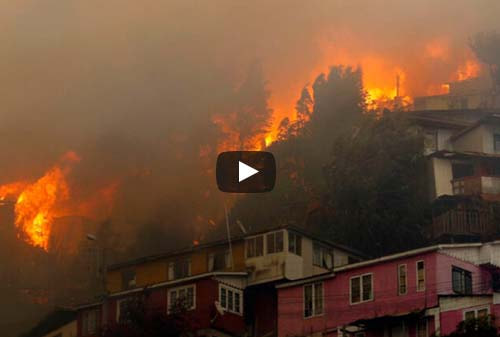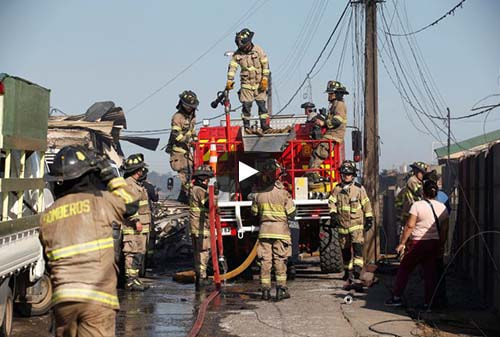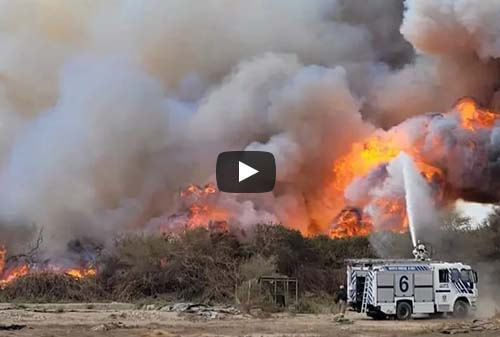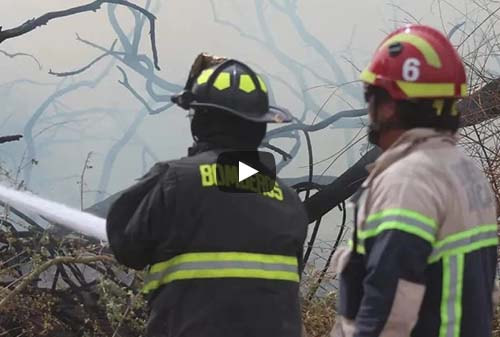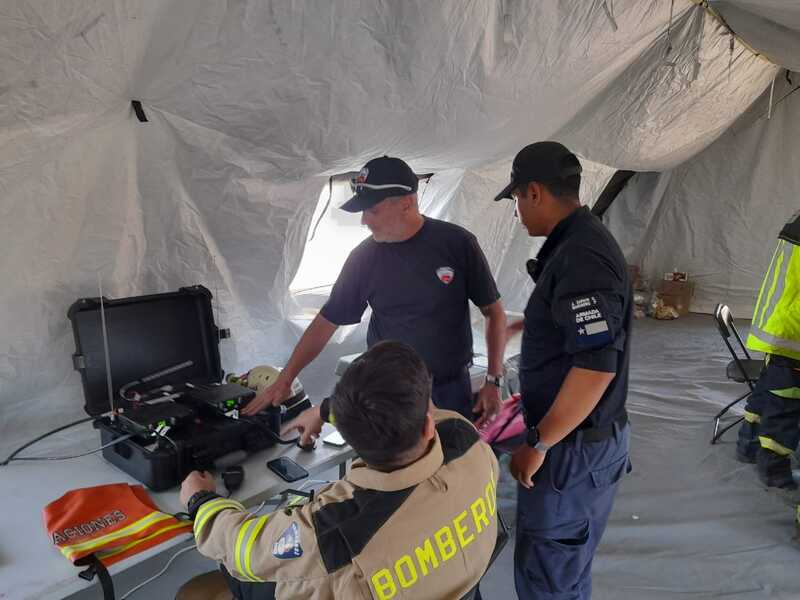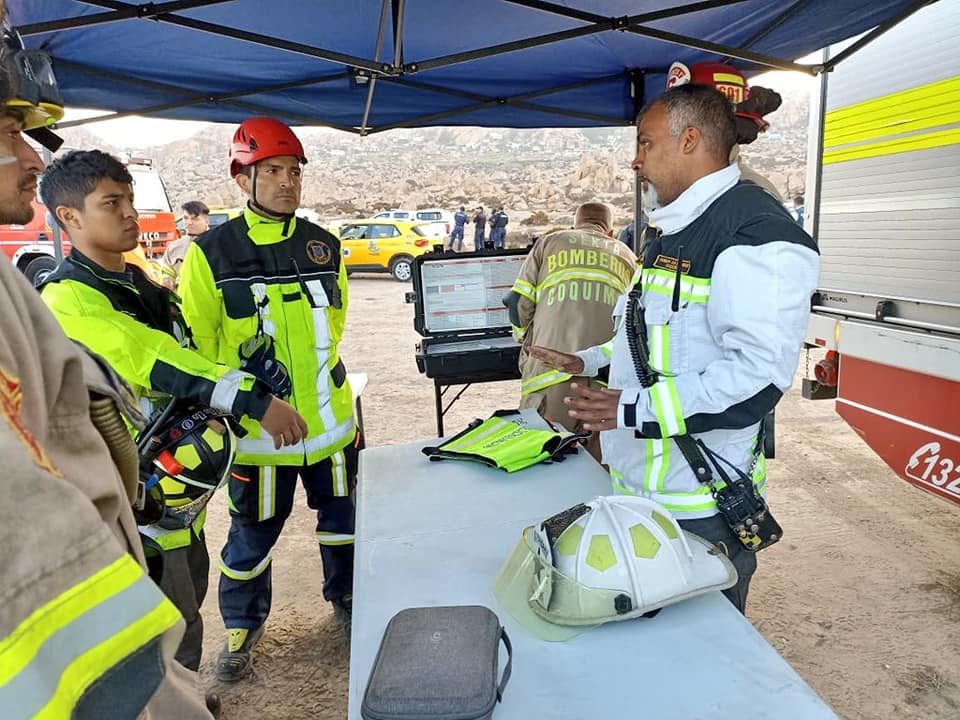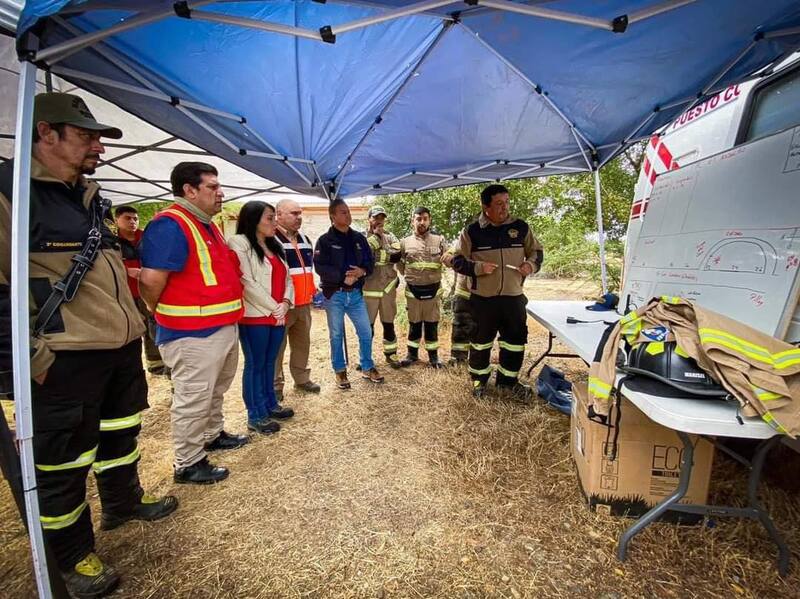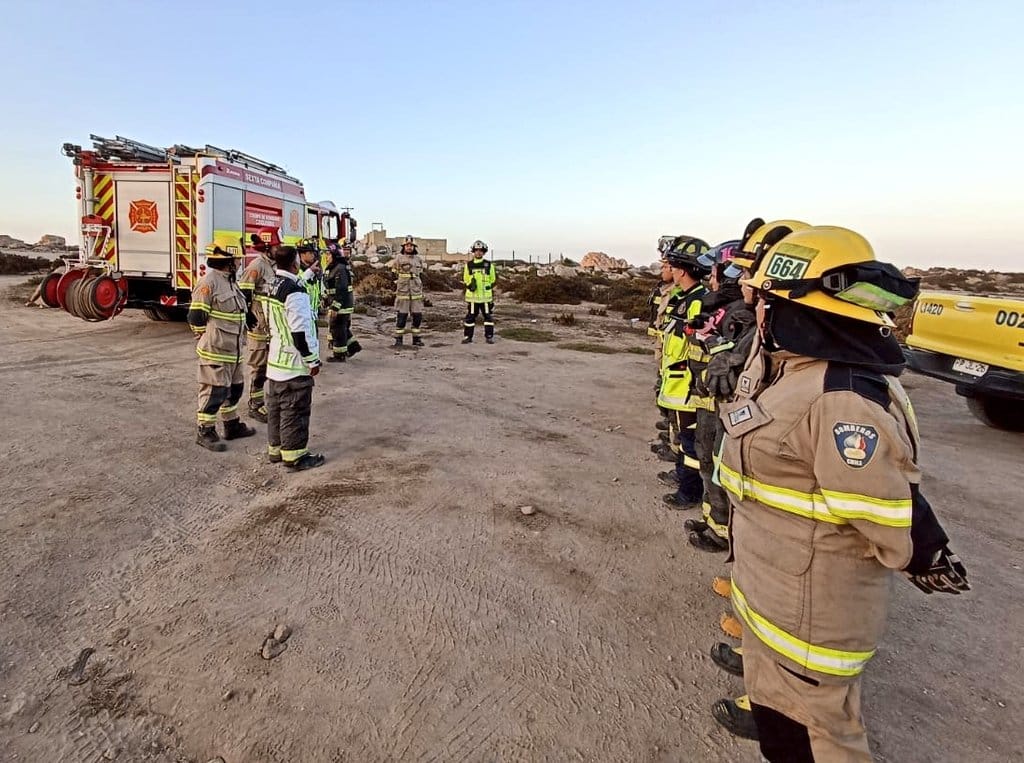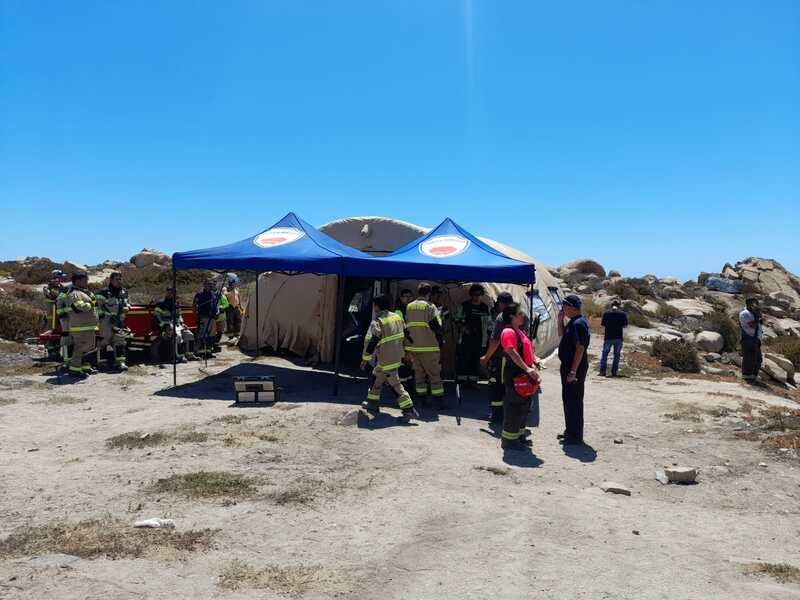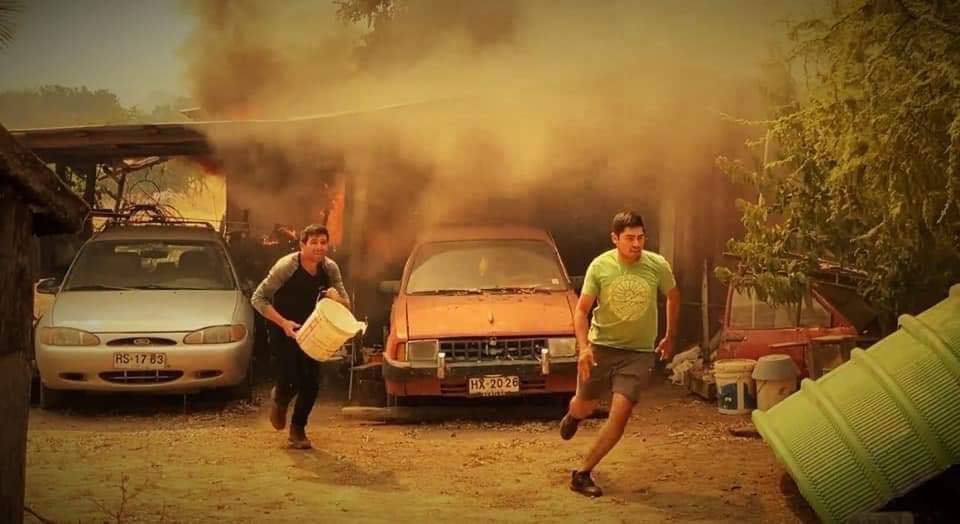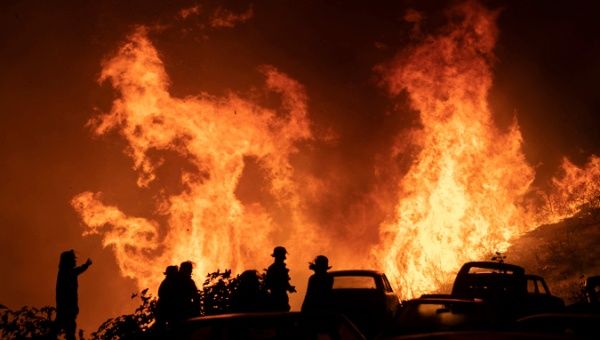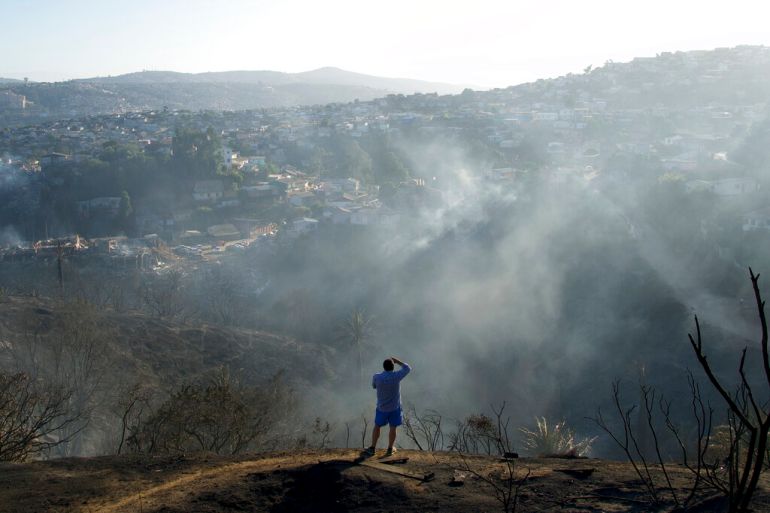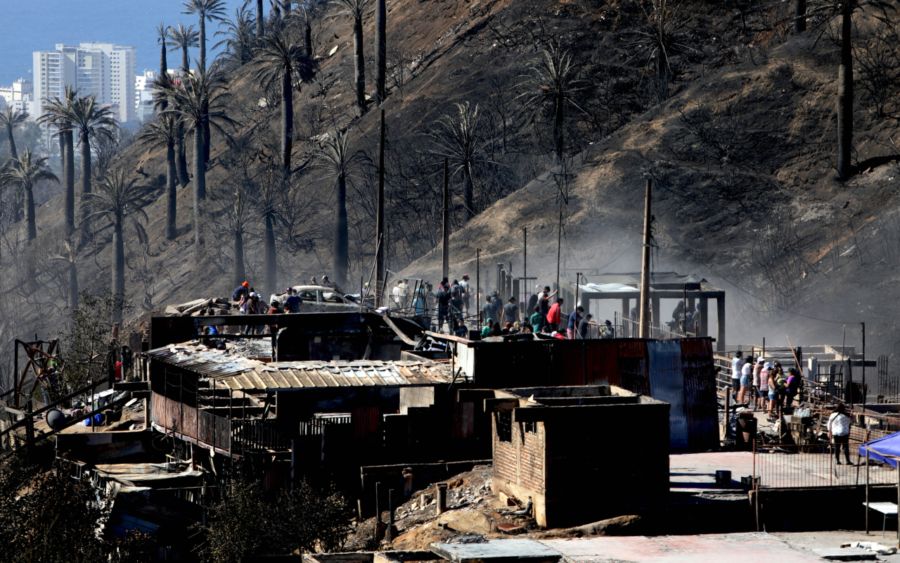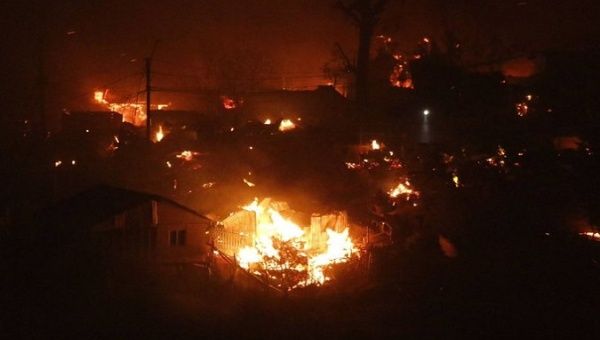- Home
- Magazines
-
Newsletters
- 19 July 2024
- 12 July 2024
- 5 July 2024
- 28 June 2024
- 14 June 2024
- 7 June 2024
- 31 May 2024
- 24 May 2024
- 17 May 2024
- 10 May 2024
- 3 May 2024
- 26 April 2024
- 19 April 2024
- 12 April 2024
- 22 March 2024
- 15 March 2024
- 8 March 2024
- 1 March 2024
- 23 February 2024
- 16 February 2024
- 9 February 2024
- 26 January 2024
- 19 January 2024
- 12 January 2024
- 22 December 2023
- 1 December 2023
- 24 November 2023
- 10 November 2023
- 3 November 2023
- 27 October 2023
- 20 October 2023
- 13 October 2023
- 6 October 2023
- 29 September 2023
- 22 September 2023
- 15 September 2023
- 8 September 2023
- 25 August 2023
- 18 August 2023
- 11 August 2023
- 4 August 2023
- 28 July 2023
- 21 July 2023
- 14 July 2023
- 7 July 2023
- 30 June 2023
- 23 June 2023
- 15 June 2023
- 2 June 2023
- 26 May 2023
- 19 May 2023
- 12 May 2023
- 5 May 2023
- 28 April 2023
- 21 April 2023
- 14 April 2023
- 6 April 2023
- 31 March 2023
- 24 March 2023
- 17 March 2023
- 10 March 2023
- 3 March 2023
- 24 February 2023
- 17 February 2023
- 10 February 2023
- 3 February 2023
- 27 January 2023
- 13 January 2023
- 22 December 2022
- 15 December 2022
- 9 December 2022
- 2 December 2022
- 25 November 2022
- 18 November 2022
- 11 November 2022
- 4 November 2022
- Advertising
- Subscribe
- Articles
-
Galleries
- AOSH Firexpo 2024
- Midvaal Fit to Fight Fire 2024
- WoF KNP 2023 Gallery
- TFA 2023 Gallery
- DMISA Conference 2023
- ETS 2023 Gallery
- Drager Fire Combat and Rescue Challenge 2023
- AOSH Firexpo 2023
- Midvaal Fit to Fight Fire
- WC IFFD 2023
- NMU 13th Fire Management Symposium 2022
- JOIFF Africa Conference 2022
- ETS 2022 Gallery
- TFA 2022 Gallery
- IFFD 2018
- SAESI
- TFA
- WRC 2018
- WRC 2019
- A-OSH/Securex
- IFE AGM 2019
- ETS Ind Fire Comp Nov 2019
- ETS Challenge 2021
- Drager launch
- Drager Fire Combat and Rescue Challenge 2022
- TFA
- Contact
- Home
- Magazines
-
Newsletters
- 19 July 2024
- 12 July 2024
- 5 July 2024
- 28 June 2024
- 14 June 2024
- 7 June 2024
- 31 May 2024
- 24 May 2024
- 17 May 2024
- 10 May 2024
- 3 May 2024
- 26 April 2024
- 19 April 2024
- 12 April 2024
- 22 March 2024
- 15 March 2024
- 8 March 2024
- 1 March 2024
- 23 February 2024
- 16 February 2024
- 9 February 2024
- 26 January 2024
- 19 January 2024
- 12 January 2024
- 22 December 2023
- 1 December 2023
- 24 November 2023
- 10 November 2023
- 3 November 2023
- 27 October 2023
- 20 October 2023
- 13 October 2023
- 6 October 2023
- 29 September 2023
- 22 September 2023
- 15 September 2023
- 8 September 2023
- 25 August 2023
- 18 August 2023
- 11 August 2023
- 4 August 2023
- 28 July 2023
- 21 July 2023
- 14 July 2023
- 7 July 2023
- 30 June 2023
- 23 June 2023
- 15 June 2023
- 2 June 2023
- 26 May 2023
- 19 May 2023
- 12 May 2023
- 5 May 2023
- 28 April 2023
- 21 April 2023
- 14 April 2023
- 6 April 2023
- 31 March 2023
- 24 March 2023
- 17 March 2023
- 10 March 2023
- 3 March 2023
- 24 February 2023
- 17 February 2023
- 10 February 2023
- 3 February 2023
- 27 January 2023
- 13 January 2023
- 22 December 2022
- 15 December 2022
- 9 December 2022
- 2 December 2022
- 25 November 2022
- 18 November 2022
- 11 November 2022
- 4 November 2022
- Advertising
- Subscribe
- Articles
-
Galleries
- AOSH Firexpo 2024
- Midvaal Fit to Fight Fire 2024
- WoF KNP 2023 Gallery
- TFA 2023 Gallery
- DMISA Conference 2023
- ETS 2023 Gallery
- Drager Fire Combat and Rescue Challenge 2023
- AOSH Firexpo 2023
- Midvaal Fit to Fight Fire
- WC IFFD 2023
- NMU 13th Fire Management Symposium 2022
- JOIFF Africa Conference 2022
- ETS 2022 Gallery
- TFA 2022 Gallery
- IFFD 2018
- SAESI
- TFA
- WRC 2018
- WRC 2019
- A-OSH/Securex
- IFE AGM 2019
- ETS Ind Fire Comp Nov 2019
- ETS Challenge 2021
- Drager launch
- Drager Fire Combat and Rescue Challenge 2022
- TFA
- Contact
|
3 February 2023
|
Wildfires in Chile destroys more than 500 homes, two people died
Wildfires have consumed more than 750 hectares of forest in Chile, destroying houses and threatening farms and forests as the South American nation faces a summer heatwave across southern and central swathes of the country. Fire has so far covered some 550 hectares, an area nearly three times the size of Monaco, near the city of Chillan some 400 kilometres from capital Santiago, according to the National Forestry Corporation (Conaf). Some 200 hectares have also been ravaged in another part of the Nuble region, it added.
"It's like your life is over," said Juan Pradenas, a mechanic whose home in Chillan was destroyed by the fire. "At my age, I have to start fighting again to recover my equipment; I lost all my working tools."
"It is terrible," added Rosa Torres, who lives near Chillan. "The fire was there, we could see it from afar and then the wind changed and in the blink of an eye the fire was here."
The National Service for Disaster Prevention and Response (Servicio Nacional de Prevencion y Respuesta ante Desastres, Senapred) has issued a red alert, the highest level of warning, for a wildfire south of Chillan and Chillan Viejo, Diguillan Province, as of early 2 February 2023. Evacuation orders are currently in place for the Quilmo and Jerusalen neighbourhoods. The fire is reportedly moving quickly northwards and is reportedly out of control due to high winds. Fire fighters are at the scene, battling the fire, which has consumed several homes in Jerusalen. Power outages have occurred in the area, affecting at least 1 600 customers. The fire has consumed approximately 20 hectares.
Authorities have not provided an estimated containment date for the fire; further fire growth is possible. More extensive evacuation orders are possible at short notice.
Chile's Interior Ministry declared a red alert for Nuble region and Biobio region, further south, as it looks to secure more funding to fight the blaze in areas of more intense forestry and agricultural production. The ministry has also temporarily closed seven national parks in Santiago and some of Chile's southern regions due to the risk of new fires. The authorities also ordered the evacuation of rural areas of Nuble region due to the risk of fire.
The government also fears that the Puelche, a phenomenon of hot, dry wind which is expected to arrive over central and southern Chile shortly, could pile on challenges to a region already registering temperatures of 42°C.
"It is a very complex combination," Agriculture Minister Esteban Valenzuela said.
Aftermath in Viña del Mar, Chile
December 2022 in Chile was marked by record hot temperatures, with wildfires burning around the capital city of Santiago and producing persistent smoke and public health impacts. On 22 December 2022, a fire in a forested canyon of Tranque Sur burned into the coastal resort city of Viña Del Mar (north of Valparaiso), resulting in one death, many injured, and more than 100 homes destroyed. Chile’s president declared a state of emergency and catastrophe. A week later and 800 kilometres (500 miles) south of Viña Del Mar, fire fighters responded to a fire in the Galvarino commune where a single-engine air tanker crashed on 31 December, killing the pilot, Luis Sevillano Moreno, a Spanish national.
For the early months of 2023, the forecast for Chile continues for hot, dry conditions.
Authorities around the world have struggled to contain increasingly intense wildfires, a problem exacerbated by climate change. In certain parts of the western United States, for instance, wildfires have become a regular phenomenon, with massive wildfires routinely forcing evacuations and growing to sizes that would have previously been seen as exceptional.
And in July, the European continent saw heightened fire activity amid a withering heatwave and drought conditions, with blazes breaking out in countries such as Greece, Portugal, Spain and France.
Wildfires also broke out in Chile’s neighbour Argentina last February, with numerous fires making their way through large swaths of the country’s Corrientes region.
In October, a forest fire also damaged the famous monuments on Chile’s Easter Island.
Sources: Reuters, Crisis 24, Al Jazeera
"It's like your life is over," said Juan Pradenas, a mechanic whose home in Chillan was destroyed by the fire. "At my age, I have to start fighting again to recover my equipment; I lost all my working tools."
"It is terrible," added Rosa Torres, who lives near Chillan. "The fire was there, we could see it from afar and then the wind changed and in the blink of an eye the fire was here."
The National Service for Disaster Prevention and Response (Servicio Nacional de Prevencion y Respuesta ante Desastres, Senapred) has issued a red alert, the highest level of warning, for a wildfire south of Chillan and Chillan Viejo, Diguillan Province, as of early 2 February 2023. Evacuation orders are currently in place for the Quilmo and Jerusalen neighbourhoods. The fire is reportedly moving quickly northwards and is reportedly out of control due to high winds. Fire fighters are at the scene, battling the fire, which has consumed several homes in Jerusalen. Power outages have occurred in the area, affecting at least 1 600 customers. The fire has consumed approximately 20 hectares.
Authorities have not provided an estimated containment date for the fire; further fire growth is possible. More extensive evacuation orders are possible at short notice.
Chile's Interior Ministry declared a red alert for Nuble region and Biobio region, further south, as it looks to secure more funding to fight the blaze in areas of more intense forestry and agricultural production. The ministry has also temporarily closed seven national parks in Santiago and some of Chile's southern regions due to the risk of new fires. The authorities also ordered the evacuation of rural areas of Nuble region due to the risk of fire.
The government also fears that the Puelche, a phenomenon of hot, dry wind which is expected to arrive over central and southern Chile shortly, could pile on challenges to a region already registering temperatures of 42°C.
"It is a very complex combination," Agriculture Minister Esteban Valenzuela said.
Aftermath in Viña del Mar, Chile
December 2022 in Chile was marked by record hot temperatures, with wildfires burning around the capital city of Santiago and producing persistent smoke and public health impacts. On 22 December 2022, a fire in a forested canyon of Tranque Sur burned into the coastal resort city of Viña Del Mar (north of Valparaiso), resulting in one death, many injured, and more than 100 homes destroyed. Chile’s president declared a state of emergency and catastrophe. A week later and 800 kilometres (500 miles) south of Viña Del Mar, fire fighters responded to a fire in the Galvarino commune where a single-engine air tanker crashed on 31 December, killing the pilot, Luis Sevillano Moreno, a Spanish national.
For the early months of 2023, the forecast for Chile continues for hot, dry conditions.
Authorities around the world have struggled to contain increasingly intense wildfires, a problem exacerbated by climate change. In certain parts of the western United States, for instance, wildfires have become a regular phenomenon, with massive wildfires routinely forcing evacuations and growing to sizes that would have previously been seen as exceptional.
And in July, the European continent saw heightened fire activity amid a withering heatwave and drought conditions, with blazes breaking out in countries such as Greece, Portugal, Spain and France.
Wildfires also broke out in Chile’s neighbour Argentina last February, with numerous fires making their way through large swaths of the country’s Corrientes region.
In October, a forest fire also damaged the famous monuments on Chile’s Easter Island.
Sources: Reuters, Crisis 24, Al Jazeera
Quick navigation
Social
|
Who are we?FRI Media (Pty) Ltd is an independent publisher of technical magazines including the well-read and respected Fire and Rescue International, its weekly FRI Newsletter and the Disaster Management Journal. We also offer a complete marketing and publishing package, which include design, printing and corporate wear and gifts. |
Weekly FRI Newsletter |
© Copyright 2018 Fire and Rescue International. All Rights Reserved.







